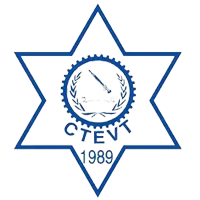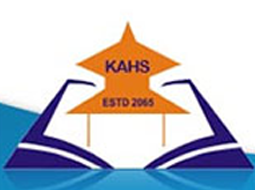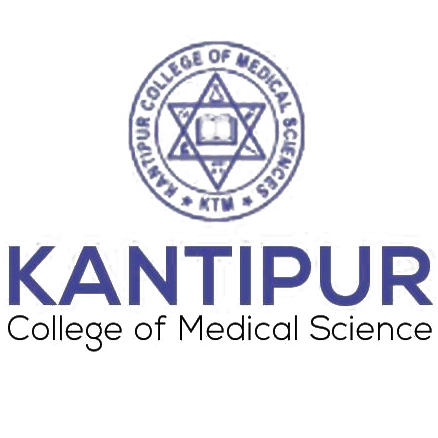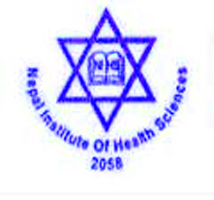Overview
CMLT at Kathmandu School of Medical Technology
The Certificate in Medical Lab Technology (CMLT) at Kathmandu School of Medical Technology (KSMT), Gaushala, Ratopul, Kathmandu, is a full-time three-year academic and practical training program.
This course is affiliated with the Council for Technical Education and Vocational Training (CTEVT) and approved by the National Health Professional Council (NHPC).
It is designed to prepare students to become skilled laboratory technicians capable of contributing to diagnostic services in healthcare facilities across Nepal and beyond.
Curriculum Structure
The CMLT program integrates foundational science with specialized laboratory disciplines. Over the course of six semesters, students study and train in:
-
Human Anatomy and Physiology
-
Biochemistry
-
Pathology (Histopathology and Hematology)
-
Microbiology
-
Parasitology
-
Clinical Biochemistry
-
Immunology and Serology
-
Laboratory Instrumentation and Quality Control
-
Medical Ethics and Lab Safety
-
Practical Lab Techniques (Hands-on Training and Internship)
The curriculum emphasizes both theoretical understanding and the development of practical competencies required for accurate and safe laboratory work.
Course Objectives
The main objectives of the CMLT program at KSMT are to:
-
Train competent laboratory professionals capable of performing routine and specialized diagnostic procedures.
-
Promote best practices in specimen collection, handling, and analysis.
-
Foster awareness of safety protocols, infection control, and ethical responsibilities in laboratory environments.
-
Contribute to timely and accurate disease diagnosis in clinical settings.
Eligibility Criteria
To apply for the CMLT program, students must:
-
Have passed the School Education Examination (SEE) with a minimum GPA of 2.00.
-
Have completed Science, Mathematics, and English as core subjects.
-
Pass the entrance examination conducted by CTEVT.
Seat Allocation
The CMLT program at KSMT admits 30 students each year, enabling effective academic instruction and practical supervision.
Fee Structure
Interested applicants should directly contact the administrative office of KSMT for up-to-date information on tuition fees, payment schedules, and other financial queries.
Key Learning Outcomes
Graduates of this program will:
-
Perform diagnostic tests in hematology, microbiology, biochemistry, and serology.
-
Use laboratory instruments and equipment with precision and care.
-
Interpret lab results and understand their role in medical decision-making.
-
Apply quality control measures in diagnostic testing.
-
Maintain lab documentation and uphold patient confidentiality and professional ethics.
Career Opportunities
Trained lab technicians are vital members of the healthcare system. After completing the program, graduates can work in:
-
Hospitals and Health Centers
-
Private and Government Diagnostic Laboratories
-
Blood Banks and Pathology Labs
-
Public Health Departments
-
Research Laboratories
-
Pharmaceutical and Biotechnology Firms
With rising demand for accurate diagnostics, the profession offers sustainable employment across various sectors.
Further Study Options
Graduates may pursue:
-
Bachelor’s degree in Medical Laboratory Technology or related fields.
-
Specialized certifications in clinical biochemistry, molecular diagnostics, or microbiology.
-
Advanced diplomas in laboratory management or research methodologies.
Scholarship Provision
Merit-based scholarships are available to students who perform well in the CTEVT entrance examination. This encourages talented students to pursue laboratory science regardless of their economic background.
Why Study CMLT at KSMT?
-
Recognized by CTEVT and NHPC
-
Strong focus on practical training and laboratory exposure
-
Experienced faculty and clinical mentors
-
Structured internships and real-world lab practice
-
Supportive environment for academic and personal growth
Conclusion
The Certificate in Medical Lab Technology at Kathmandu School of Medical Technology is a well-structured program that prepares students to serve as skilled professionals in clinical laboratories. With its combination of theory, hands-on practice, and ethical training, the course provides a solid foundation for those committed to making a meaningful contribution to the healthcare sector through diagnostic excellence.





.png)

















